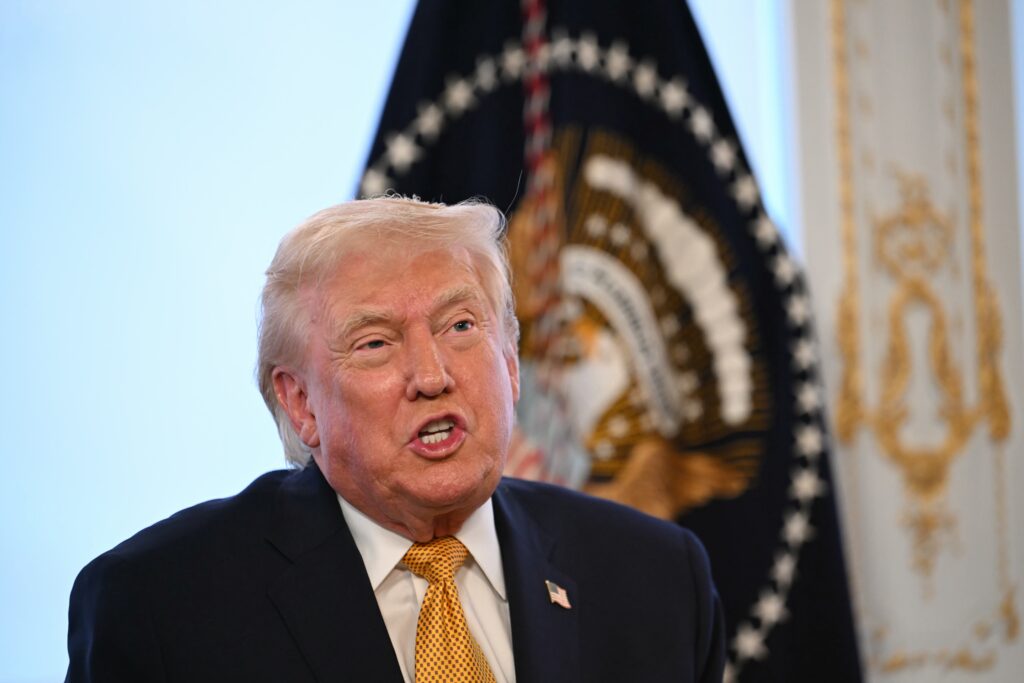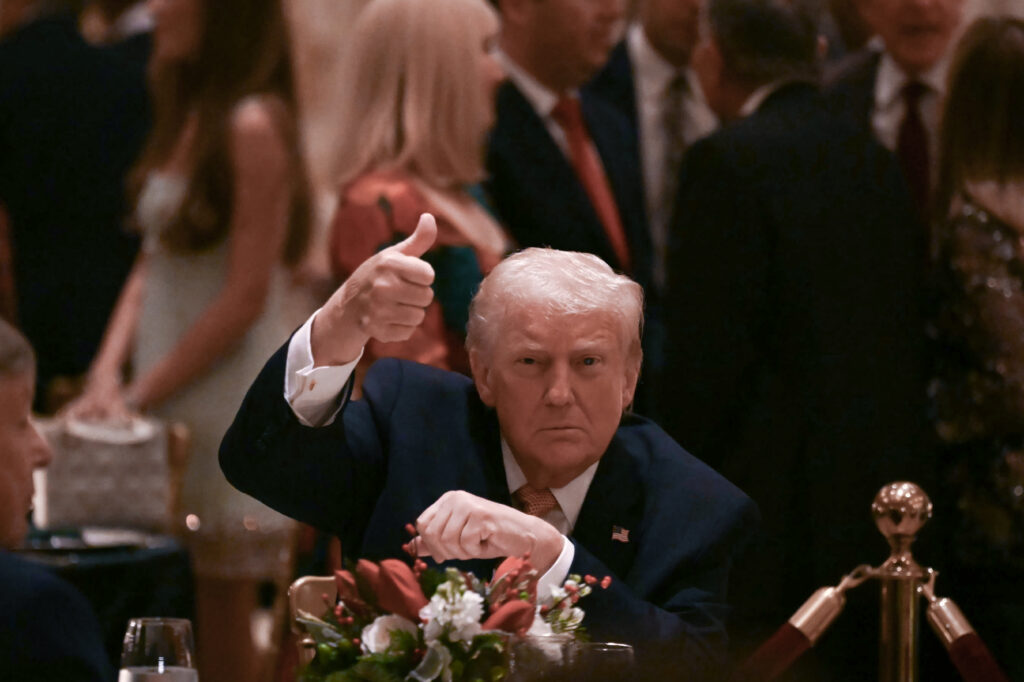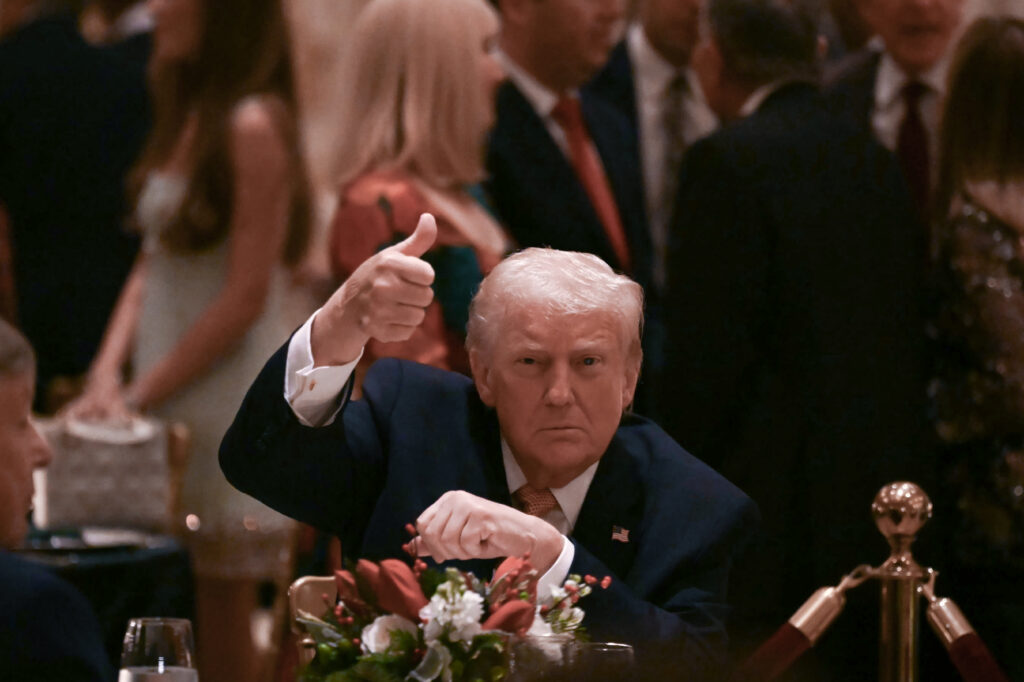Déjà emprisonné, l’ex-Premier ministre malaisien Najib Razak doit connaître vendredi le verdict d’un nouveau procès lié au tentaculaire scandale de corruption 1MDB en Malaisie, qui risque de le maintenir pour des années derrière les barreaux.Fils de l’un des pères fondateurs de la Malaisie, l’ancien dirigeant de 72 ans est jugé pour quatre chefs d’accusation d’abus de pouvoir en lien avec des pots-de-vin présumés d’environ 2,28 milliards de ringgits (554 millions de dollars) provenant du fonds souverain malaisien 1Malaysia Development Berhad (1MDB), ainsi que pour 21 chefs d’accusation de blanchiment d’argent.Le détournement de centaines de millions de dollars de ce fonds censé œuvrer au développement économique de la Malaisie, pour des dépenses privées comme l’achat d’un yacht géant ou des toiles de Monet ou Van Gogh, avait déclenché des enquêtes aux Etats-Unis, en Suisse et à Singapour. Le juge Collin Lawrence Sequerah rendra sa décision à partir de 09H00 (01H00 GMT) devant la Haute Cour de Kuala Lumpur réunie à Putrajaya, la capitale administrative de la Malaisie.Najib Razak, au pouvoir de 2009 à 2018, purge déjà une peine de six ans de prison après avoir été condamné dans une autre affaire liée à ce scandale. Dans son nouveau procès, chaque chef d’accusation d’abus de pouvoir est passible d’une peine pouvant aller jusqu’à 20 ans de prison et d’une amende pouvant atteindre cinq fois le montant du pot-de-vin.S’il est acquitté, il retournera à la prison de Kajang, près de Kuala Lumpur, pour purger le reste de sa peine initiale.- “Contrôle absolu” -L’ex-dirigeant malaisien a présenté des excuses pour le scandale 1MDB qui s’est déroulé pendant son mandat, mais maintient qu’il ignorait tout des transferts illégaux provenant du fonds aujourd’hui dissous.Selon le parquet, Najib Razak a pourtant profité de ses positions de Premier ministre, ministre des Finances et président du conseil consultatif du fonds pour transférer d’importantes sommes de la société vers son compte personnel il y a plus de dix ans. L’accusation a présenté des relevés bancaires, les déclarations de plus de 50 témoins et d’autres documents à charge, tout en réfutant les arguments de la défense qui imputaient au fugitif Low Taek Jho l’essentiel de la responsabilité de l’affaire. Cet homme d’affaires, longtemps très proche de Najib Razak, est considéré comme le cerveau du pillage du fonds d’investissement, mais il est actuellement en fuite.Najib Razak “se présente comme la victime de subordonnés rebelles, alors qu’en réalité il était l’unique décideur et le plus puissant”, a estimé le procureur adjoint Ahmad Akram Gharib au tribunal. “L’accusé exerçait un contrôle absolu sur les finances, l’exécutif et la politique”, a-t-il dit lors de ses plaidoiries.Les avocats de Najib Razak affirment que l’argent qui a été versé sur le compte de l’ex-Premier ministre provenait de dons du Moyen-Orient.Ils ont assuré que leur client ignorait que la direction de 1MDB travaillait main dans la main avec Low Taek Jho pour détourner d’importantes sommes d’argent du fonds.L’avocat Muhammad Shafee Abdullah a affirmé à la presse la semaine dernière que Najib Razak n’avait “jamais bénéficié d’un procès équitable” et a réitéré ses accusations contre Low Taek Jho.L’ancien dirigeant a néanmoins subi un revers lundi, se voyant refuser sa demande de commutation de sa peine existante en assignation à résidence.Une nouvelle condamnation porterait un coup supplémentaire à son influence persistante au sein du plus ancien parti politique de Malaisie, l’Organisation nationale unifiée des Malais (Umno).Le scandale a joué un rôle majeur dans la défaite aux élections de 2018 de Najib Razak et de l’Umno, qui était au pouvoir depuis l’indépendance de cette ex-colonie britannique en 1957.






